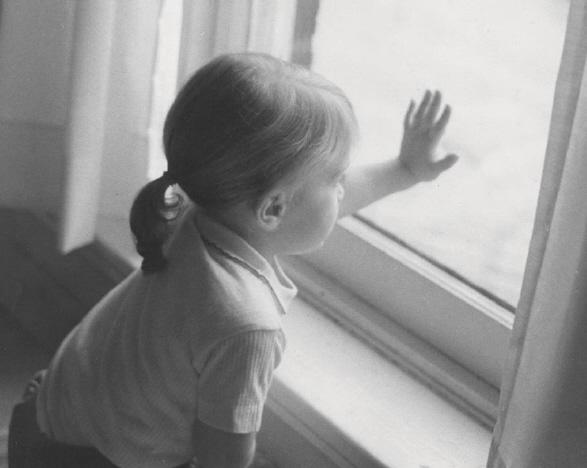Among wealthy nations, the US has the highest percentage of it's children living in poverty. We also spend the least among these nations on social welfare. The nations that spend the most, have the lowest percentage of children living in poverty. Here's a look at a 2004 "Economic Snapshot" from
Economic Policy Institute:
 The United States stands out as the country with the lowest expenditures and the highest child poverty rate — five times as much as the Nordics.
The United States stands out as the country with the lowest expenditures and the highest child poverty rate — five times as much as the Nordics. The paucity of social expenditures addressing high poverty rates in the United States is not due to a lack of resources — high per capita income and high productivity make it possible for the United States to afford much greater social welfare spending. Moreover, other OECD countries that spend more on both poverty reduction and family-friendly policies have done so while maintaining competitive rates of productivity and income growth.
Here in the US, we've been living with the meme of "government is worthless" for so long that many of us think of it as a given. Are we ready to re-think this position? Recently we've had the misfortune of seeing, in disturbing detail, the price we pay when we trivialize the role of government in improving and protecting the lives of its citizens. And plainly, we have walked away from the notion that government has a significant role to play in the alleviation of poverty in our nation. Clearly we pay a price for this. But are we ready to grapple with an honest discussion of the role of government and the price (and I'm talking dollars here, not just intangibles) society pays when that role is reduced to what amounts to a bit part?
 The United States stands out as the country with the lowest expenditures and the highest child poverty rate — five times as much as the Nordics.
The United States stands out as the country with the lowest expenditures and the highest child poverty rate — five times as much as the Nordics. 

No comments:
Post a Comment